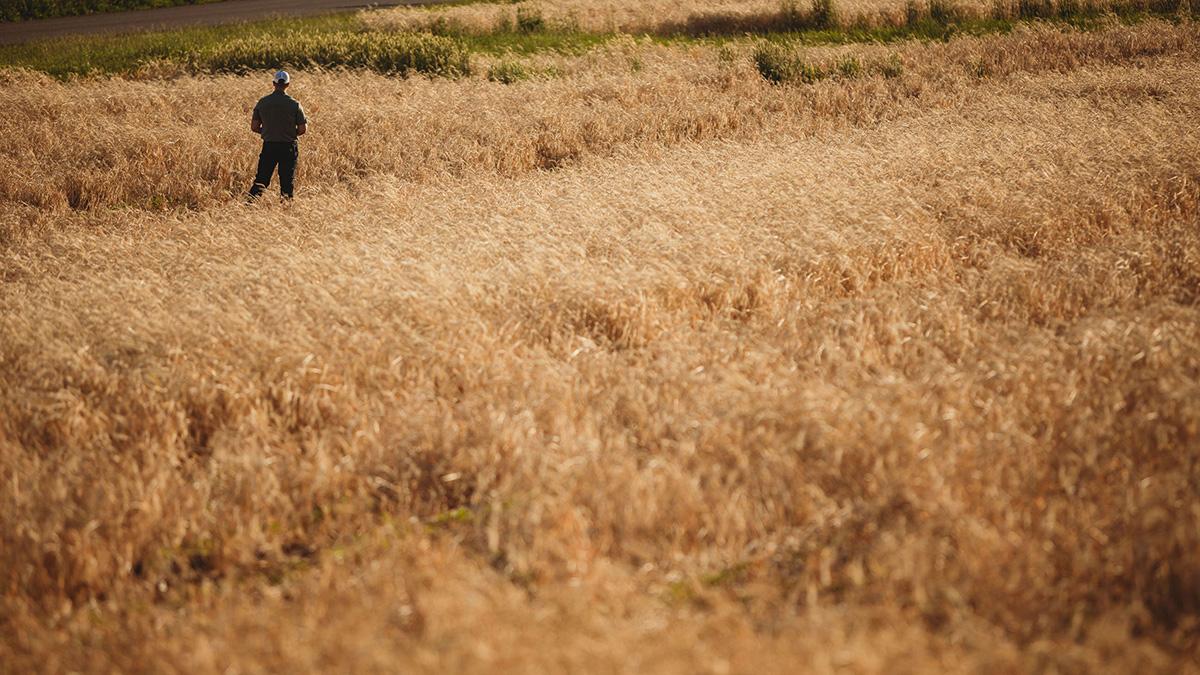Erin Ehnle Brown/realagstock.
This column was first published by Nebraska Farmer on Nov. 11, 2022, as part of the Center for Agricultural Proftiability's monthly "Tough Decisions" series. It is excerpted here with permission.
When thinking of farm management topics, many of us think of business operations and production. Information, techniques and tools are often presented as fixed, and focused on measurement, analysis, and data.
For instance, a traditional grain marketing educational program would include topics on contracting options, such as futures, hedge to arrive, basis, and storage and seasonality, but there’s not much there about human behavior and the decision-making process.
Human behavior
With clear understanding and application comes recognition and control of individual behaviors and natural filters in thinking that affect each of us, as we work through the decision-making process. Good decision-makers must be able to recognize and understand their own foibles and take measures to nullify potential bias and error in their thinking process to instead make fact-based choices. This valuable skill may be acquired through the study and use of behavioral science concepts, also known as behavioral economics.
Better understanding of the relationship between an individual making a business decision and the challenges and tendencies of making objective choices as a human being encourages improved decision-making that is more aligned with desired outcomes and goals.
